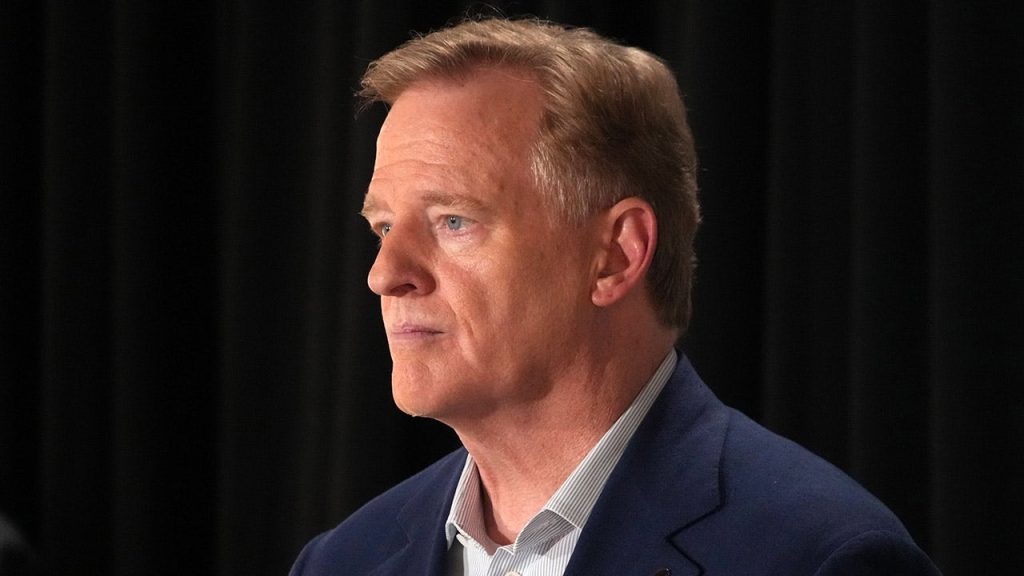NFL Commissioner Roger Goodell addressed the potential expansion of the regular season to 18 games during his Super Bowl LIX pre-game press conference. While acknowledging fan enthusiasm for more football, Goodell emphasized a cautious approach, stating that “a lot of work to be done” remains before any formal decision is made. Crucially, he highlighted the need for “sensitive and smart” consideration of player well-being and the overall balance of the season. Although informal discussions with NFL Players Association Executive Director Lloyd Howell Jr. have taken place, formal negotiations haven’t commenced. Goodell suggested a potential format of an 18-game regular season coupled with a reduced two-game preseason, acknowledging the need for a balanced approach that caters to fan demand while prioritizing player health and safety.
A central factor in these considerations is the league’s ongoing efforts to mitigate concussions and other injuries. Goodell pointed to advancements in player safety protocols and injury prevention as making the prospect of an additional regular season game more feasible. He reiterated his previously expressed interest in an 18-game season, a topic he discussed on “The Pat McAfee Show” in April. This suggests a consistent desire to explore the expansion, albeit with careful attention to player welfare. The shift to a 17-game regular season in 2021, accompanied by a reduction in preseason games, serves as a recent example of the league’s willingness to adapt the season structure. This transition provides a framework for understanding how a further expansion might be implemented.
The potential impact of an 18-game season extends beyond the regular schedule, potentially affecting the timing of the Super Bowl. Goodell indicated that expanding the regular season would likely push the Super Bowl back to Presidents’ Day weekend. This shift carries significant implications for fans, potentially offering a more convenient viewing experience by aligning the game with a long weekend and minimizing work or school conflicts. This strategic alignment with a holiday weekend could further enhance the Super Bowl’s already massive viewership and cultural impact.
The discussion surrounding an 18-game season underscores a complex interplay of factors: fan demand, player health and safety, logistical adjustments, and the overall appeal of the NFL product. Goodell’s comments reflect a balance between acknowledging the desire for more football and the paramount importance of protecting players. The league’s recent history of adjusting the season structure demonstrates a willingness to adapt and innovate, but the move to 18 games requires careful consideration of potential consequences.
The current 17-game season, implemented in 2021, replaced the previous 16-game regular season and four-game preseason structure. This change, while initially met with mixed reactions, provides a precedent for further adjustments and emphasizes the league’s focus on maximizing fan engagement while adapting to evolving concerns about player safety. The ongoing advancements in concussion protocols and injury prevention technologies undoubtedly play a role in making the prospect of an 18-game season a more viable consideration.
In essence, Goodell’s remarks point to a league navigating the complexities of a rapidly changing landscape. Balancing fan expectations with player well-being, maximizing revenue while maintaining the integrity of the game, and adapting to evolving societal trends – these are the challenges facing the NFL as it considers the potential for an 18-game season. While the allure of increased viewership and revenue is strong, the league appears determined to proceed cautiously, prioritizing the long-term health and sustainability of the game and its players. The ongoing dialogue between the league and the players’ union will be crucial in determining the future of the NFL regular season.

